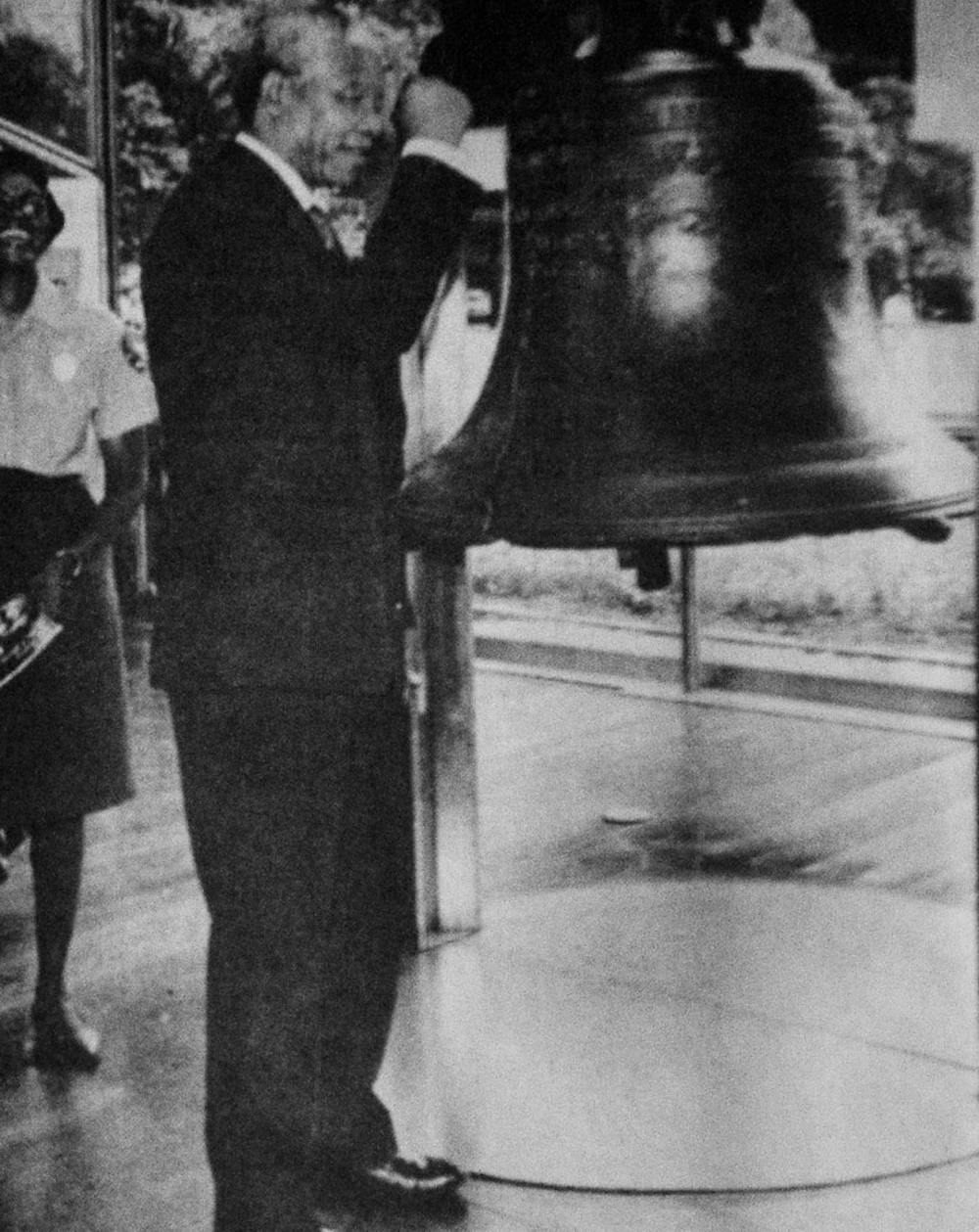
Since Nelson Mandela, a man whose name is synonymous worldwide with leadership and the fight for justice, died Dec. 5 at the age of 95, Penn communities have responded in their own ways to his passing.
Scholars like Marybeth Gasman, a professor at the Graduate School of Education, have taken to reflecting on how South Africa changed under Mandela’s presidency and influence. “By and large, most of the people I’ve come across in all different areas [there] are very caring, very forgiving, very loving. And I think a lot of that comes from Mandela.”
Since 2003, Gasman has taken students on trips to the country during the summer. This summer, she will be taking a group of alumni.
One of the requirements for students on Gasman’s trips has been to read Mandela’s autobiography, “Long Walk to Freedom”. “Sometimes students will hem and haw about reading it, since it’s so big at first, but I think people really get into reading it, since it’s so life changing,” Gasman said. “He’s not a perfect person, but he’s someone who admits his mistakes … I think they find it to be really inspiring.”
Related: Candlelight vigil for Nelson Mandela
On the trips, Gasman and her groups travel the country widely, exploring both daily life in the cities and the centers of the anti-apartheid movement. “Going to Robben Island, you don’t get that out of your system,” she said of visiting the institution where Mandela was jailed for nearly two decades.
And though Gasman acknowledges South Africa is not a perfect place, she believes “the positive things [about it] are deeply attributable to him.”
“Mandela, and his being in prison for so many years, and coming out, and doing so much good, creates a really phenomenal example … people in the country really want to be better,” she said.
Related: Student raises awareness of health issues in Africa through nonprofit
Penn President Amy Gutmann reminisced about Mandela as well. Gutmann attended a conference in Johannesburg in 1991 where Mandela, fresh out of prison, was the keynote speaker.
“That’s where he, in response to a question from the audience, said, ‘I wouldn’t wish the kind of violence experienced by my people to be experienced by anyone, even my worst enemy’,” she said, remembering the talk.
After his talk, Mandela “graciously invited” Gutmann to a conversation about education for democracy in South Africa. Following this conversation, Gutmann said her attitude toward her work changed.
She called meeting Mandela “a really singular moment for me,” and she “went away subconsciously and consciously thinking, ‘I really want not only to teach and write about democracy and education. I want to do something about it.’”
Related: Bridging the distance from Rwanda to Penn
Students, too, have taken it upon themselves to mourn the leader. The Penn African Students Association hosted a candlelight vigil followed by a discussion in Du Bois College House on Dec. 9.
Though Mandela’s passing, President of PASA and College junior Kevin Rugamba said, “wasn’t totally unexpected,” it was still news that rocked the world. Yesterday, leaders from around the globe gathered to pay their respects for Mandela at a memorial service in Johannesburg.
“[The vigil] was our way of paying our respects to an African icon. We were celebrating his life and legacy. We had a couple Penn students talk about their thoughts on Mandela and fond memories of his inspiration. It was touching,” Rugamba said.
Related: Moral Voices hosts Sudan activists
“We’re all inspired by him in different ways, so it’s nice to come together, talk about ways in which we were [inspired] and talk about him and his legacy,” he added.
Senior staff writer Seth Zweifler contributed reporting.
The Daily Pennsylvanian is an independent, student-run newspaper. Please consider making a donation to support the coverage that shapes the University. Your generosity ensures a future of strong journalism at Penn.
DonatePlease note All comments are eligible for publication in The Daily Pennsylvanian.







